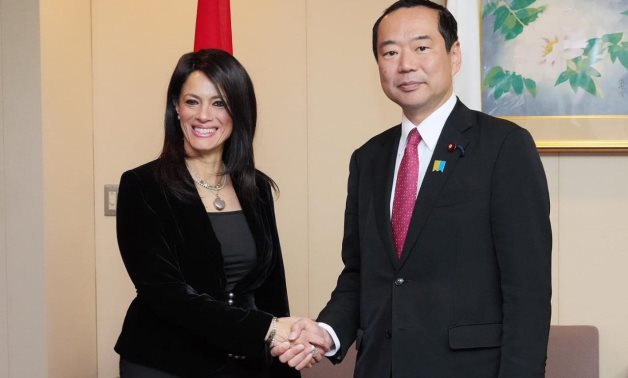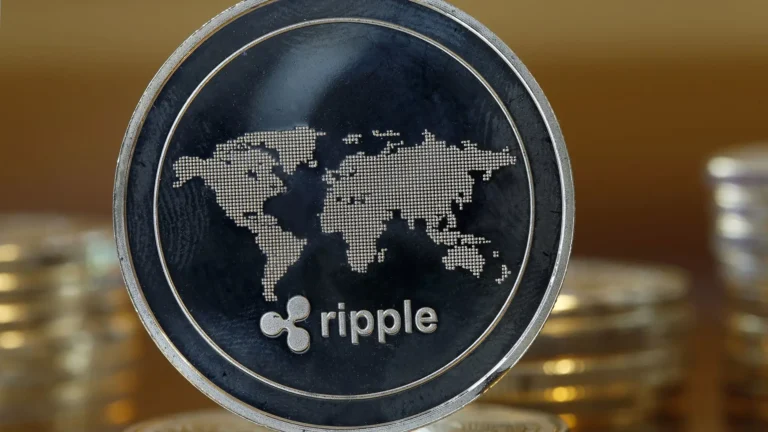CAIRO – 18 December 2024: Egypt and Japan have solidified their longstanding partnership with the signing of three new agreements worth $234 million. The agreements, signed by Egypt’s Minister of Planning and Economic Development and International Cooperation, Rania Al-Mashat, and Japan’s State Minister for Foreign Affairs, Fuji Hisaoyuki, underscore 70 years of development cooperation between the two nations.
The agreements include a $230 million concessional development loan, equivalent to 35 billion Japanese yen, aimed at supporting Egypt’s budget and advancing critical structural reforms. Additionally, grants worth $4.3 million will be used to renovate the Cairo Opera House and expand agricultural mechanization, boosting public services and enhancing the livelihoods of small-scale farmers.
“These agreements are part of a comprehensive framework to negotiate with international partners, expanding fiscal space and advancing Egypt’s structural reform agenda,” Al-Mashat said. She highlighted the role of concessional financing as an efficient and cost-effective tool to address funding gaps and support Egypt’s developmental goals amid global economic challenges.
Supporting Fiscal Policies and Reforms
The development loan is designed to bolster Egypt’s fiscal policies while promoting private sector investments and green economic transformation. It is also expected to foster competition, diversify the economy, and improve the overall business climate.
“The agreement reflects the importance of structural reforms in enhancing the private sector’s role and improving Egypt’s business environment,” Al-Mashat added.
Cultural and Agricultural Advancements
The first grant, valued at $1.17 million (180 million Japanese yen), will support the renovation of the Cairo Opera House, in collaboration with Japan’s International Cooperation Agency (JICA) and Egypt’s Ministry of Culture. The initiative will modernize the opera house’s infrastructure and improve the quality of services at Egypt’s National Cultural Center.
The second grant, worth $2.3 million (500 million Japanese yen), will expand the use of affordable agricultural mechanization technologies. This program aims to boost agricultural productivity, lower operational costs, and improve the living standards of small-scale farmers, particularly those with limited incomes.
Al-Mashat described the agreements as a milestone in Egyptian-Japanese relations, which began in 1954. Over the past seven decades, Japan has provided Egypt with approximately $2.4 billion in grants and technical assistance, as well as $7.2 billion in development loans.
“These agreements reaffirm our mutual commitment to sustainable development and highlight the depth of our strategic partnership,” she said. Al-Mashat expressed gratitude to the Japanese government, JICA, and all stakeholders involved in advancing this collaboration.
As the partnership continues to evolve, Al-Mashat announced plans to unveil a new “Egypt-Japan Cooperation Strategy” aligned with Egypt’s Vision 2030 and the government’s 2024-2027 action program. This strategy is expected to deepen collaboration across multiple sectors and strengthen the alignment between Japan’s development financing mechanisms and Egypt’s national priorities.
The agreements underscore the enduring partnership between Egypt and Japan, marking another chapter in a relationship built on mutual respect and shared aspirations for sustainable development.







